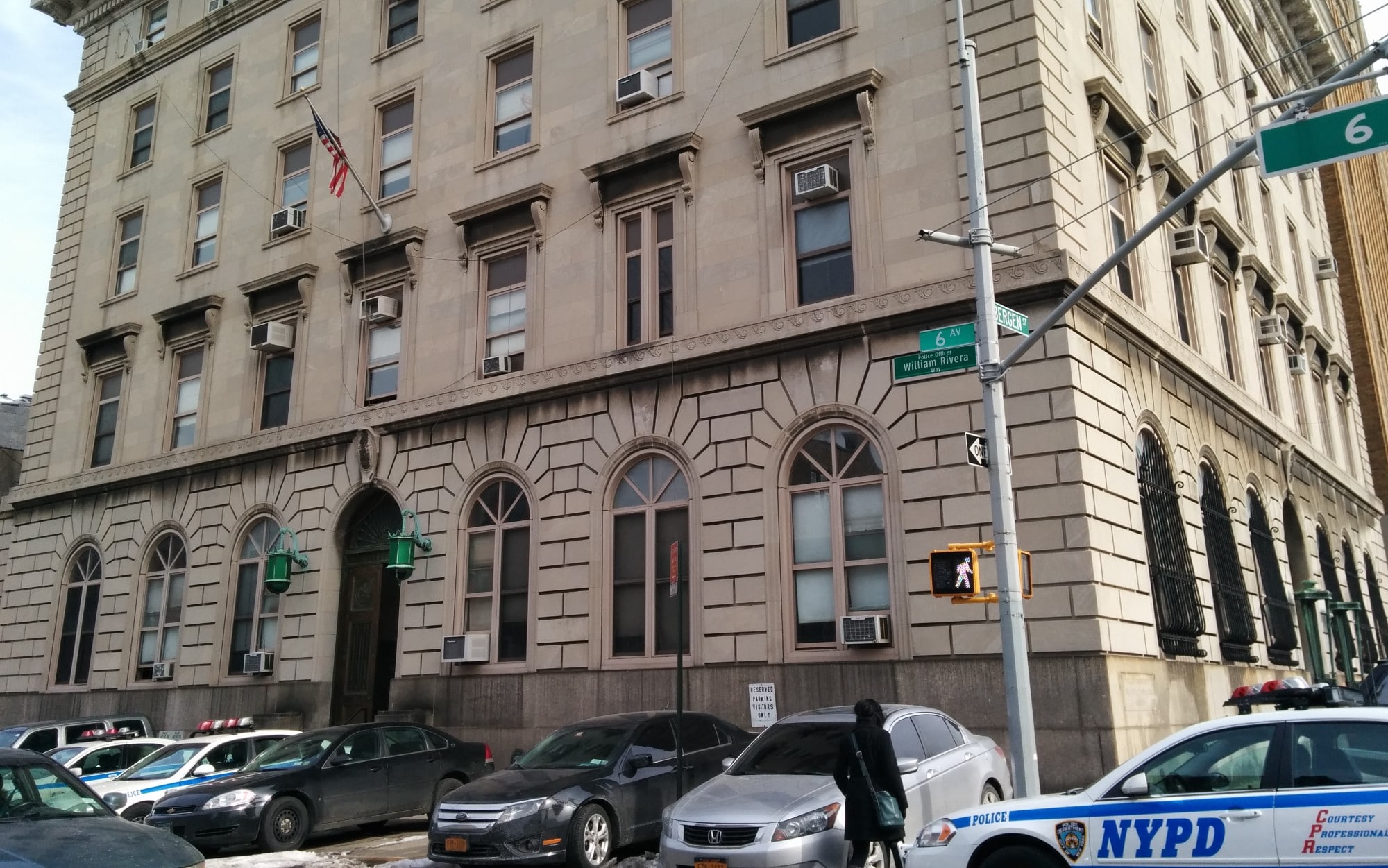Last week, the New York State Chapter of the National Association of Social Workers posted a graphic on Facebook that read, “Social workers belong in police departments.”
The accompanying post suggested that if more social workers were hired, we could “provide crisis intervention, referrals to human service and other agencies, short-term counseling, follow-up services, mediation” and other services. At publication time, the post had been shared over 1,600 times, received over 950 reaction emojis (all positive), and garnered 135 comments. The large majority of comments were generally in agreement with the sentiment that, yes, police departments do need more social workers.
I was deeply troubled, both because the statement itself is so clearly off-base, but also because the responses to it reveal so much about the broader challenges plaguing our profession.
This strategy will not fundamentally change even one of the myriad harms inflicted.
The statement feels especially offensive and problematic in this current moment. For the past several weeks, protesters and activists around the world have been rising up to denounce racist police brutality and demand systemic change (including making calls for the abolition of policing itself). This month also marks the fifty-first anniversary of Stonewall, a riot led by Black and Latinx trans women in response to ongoing targeting and abuse at the hands of police. So little has changed over half a century later, as we witness all-too-frequent incidences of police violence towards Black cis and trans women with no justice, nor even equal recognition or outcry as when victims are Black men.
The suggestion that social workers should join precincts denies the reality that this strategy will not fundamentally change even one of the myriad harms inflicted, on the very communities we claim to serve, by police. There is little evidence that our presence will reduce their disproportionate use of lethal force against Black, Latinx and Indigenous people; it will not prevent them from patrolling certain communities over others while serving the interests of gentrifiers; it will not demilitarize them; and it will not hold them accountable for misconduct or abuse.
If anything, our alignment with policing would exacerbate our profession’s already fraught role as agents of social control. It would make us even more complicit with yet another system—in addition to prisons and jails, other forms of “correctional control” like probation, or so-called Child Protective Services—that victimizes our society’s most marginalized.
Social workers say we want to end discrimination and injustice. But as a profession, we have not taken a clear stance on the harms of policing, incarceration and criminalization—harms that disproportionately impact communities of color and promote health, social and economic inequities. This is in embarrassingly stark contrast with the allied profession of public health, whose flagship journal, the American Journal of Public Health, dedicated an entire special issue to documenting and addressing the health impacts of carceral systems, including policing, just a few months ago.
What new policies and community systems are needed for social workers to no longer be necessary?
At a time when communities are imagining a world without policing and, in many cases have begun to build their own non-carceral community systems of support and accountability, we should be asking ourselves this: What would it take to work ourselves out of a job, rather than further entrenching ourselves in the harmful status quo of a violent system?
Despite the challenging nature of this exercise, social workers should stop imagining new settings in which to work, and instead consider what it would take to create a world where our profession is rendered obsolete. What new policies and community systems are needed for social workers to no longer be necessary?
So much of the work that many of us do at the individual or programmatic level is often to mitigate and navigate larger policy and systemic failures. Not enough of us are even equipped to engage in making these changes, since community organizing and policy practice courses at the Baccalaureate, master’s and doctoral levels are rare and often have less enrollment than clinical courses.
Our Code of Ethics states that our profession’s mission includes promoting social justice and ending oppression, but much of our advocacy agenda involves reimbursement parity and improving our own employment conditions.
As Mariame Kaba, the abolitionist organizer and writer, has said: “You can’t just focus on what you don’t want, you have to focus also on what you do want. The world you want to live in is also a positive project of creating new things.”
Social work as a profession must engage in a reckoning of its own: What kind of world do we truly want, and what new things could and should we help to create? Because we do have options beyond remaining either passive bystanders or willing accomplices to the carceral state.
The author’s employer, the Drug Policy Alliance, has previously provided a restricted grant to The Influence Foundation, which operates Filter, to support a Drug War Journalism Diversity Fellowship.
Photo of the NYPD 78th Precinct building in Brooklyn by Autopilot via Wikimedia Commons





Show Comments